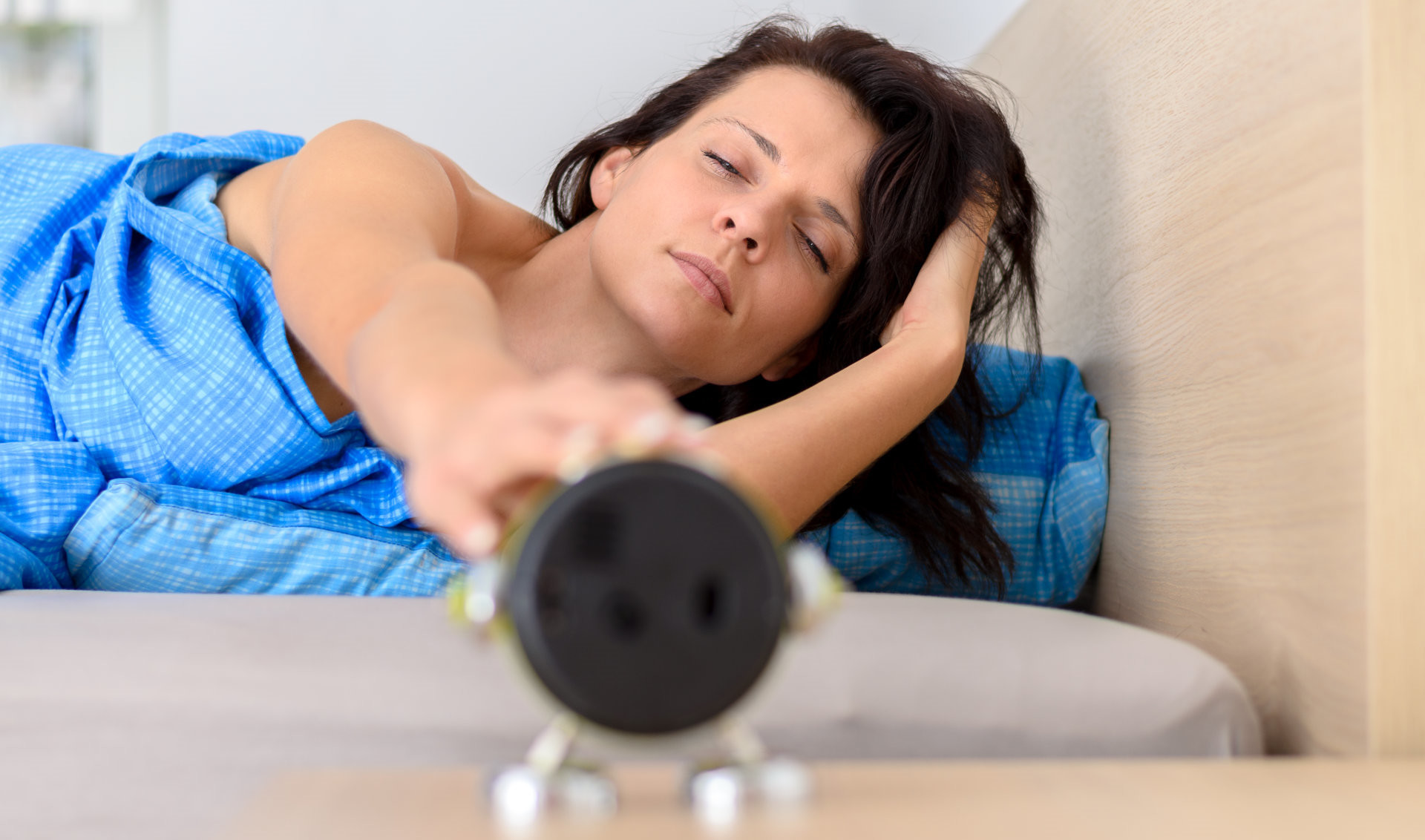Do you find yourself waking up in a morning and stifling a yawn, rubbing your eyes and stumbling out of bed, even thought you think you’ve slept well?
You’re not alone. And it’s not uncommon.
The grogginess we feel moments after waking up is called sleep inertia – and is a state we are in between sleep and wakefulness.
Even if you slept enough hours, there are a number of reasons why you can feel groggy in a morning. The quality of sleep you get is as important as the quantity so it’s important to ensure you practise good sleep hygiene habits to set you up for jumping out of bed in a morning.
Here are some top tips for waking up without feeling groggy…
- Be in the dark A dark bedroom is best for sleep. Any form of light in the room (whether it’s from outside, TV standby light, alarm clock etc) affects the body’s internal clock, even when your eyes are closed. Use heavy lined curtains and/or a blackout blind to block light and cover, turn around or remove devices that produce light.
- No boxset bingeing Ofcom reveal that around 10 million Britons have skipped sleep, or made themselves tired, because of binge-watching. Not only will staying up later than your normal bedtime cut your sleep short, but excessive screen time has an impact on sleep. The blue light from TVs, iPads etc disrupts the body’s circadian rhythms by suppressing the evening rise of melatonin, making it harder for you to sleep.
- Ditch the weekend lie in While it’s tempting to want to gain some extra zzz’s at the weekend, try not to! Having a lie in may make you feel a little less tired but it doesn’t fix all the effects of sleep lost in the weekend. Our bodies actually work better when we stick to a regular schedule for going to bed and getting up. If you feel the need to catch up on some sleep a 20 minute power nap would be more beneficial.
- Stop pressing snooze Don’t press the snooze button! If you press the snooze button, your brain knows it’ll go off again. You won’t get any of the deep, resting slumber in between snoozes. Set your alarm for when you definitely have to get up. If you have a hard time not pressing the snooze button, try putting it across the room so you have to walk over there, waking you up along the way.
- Bed down You need to be comfortable in bed. An old, unsupportive mattresses isn’t going to do you any favours when it comes to getting a good night’s sleep, even if you are doing all the other right things. Not only should you invest in a new mattress every seven years but you should make sure you change your pillows and use adequate bedding for optimum comfort.
- Cut out the nighttime tipple A quarter of Brits use alcohol as a sleep remedy. And yes, while it does initially help you to relax and feel drowsy, it does affect sleep later in the night. You will often wake feeling dehydrated and needing the loo. It also stops you from getting the deep sleep you need to feel rejuvenated the next day.

